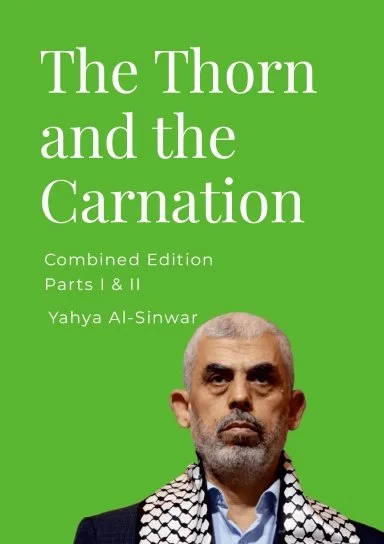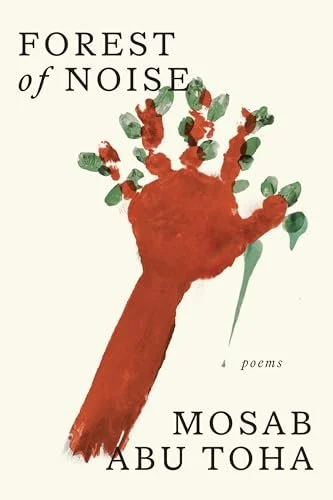What I’m Reading
Recommended for critical thinking
A ground-breaking, impactful work that lays out the archival facts of the 1948 theft and ethnic cleansing of Palestine in meticulous detail. This work is a treasure trove of what might have been lost, erased, covered up, spun, twisted or denied.
Pappe is an esteemed scholar who grew up as a Jew in Israel then spent his career as a historian explaining the Zionist state’s existence. This book is a must-read for anyone who wants to understand how and why the ongoing Gaza Holocaust is being waged in partnership with Western colonial powers.
Pappe’s work is what Foucault would have called an effective history—history written in the service of a denaturalization and destabilization of the status quo. Pappe is indefatigable and inspiring, and he makes the enormous amount of research and reportage look easy.
Recommended for imagination
Sinwar wrote this novel while incarcerated in Israeli prisons. He wrote in secret, of course, and in the dark; dozens of other inmates collaborated to copy and share passages, hiding them from their captors, so that they worked “like ants to bring it into the light.”
The act of writing this novel was an act of resistance and fiction was Sinwar’s medium of choice to depict the daily reality of occupation and resistance. It fascinates me that we enter into a storyworld and along a narrative that is every bit as real as Sinwar’s own life and the lives of the people in his family and community. Yet there is something special about fiction and the way it works: it humanizes.
Recommended for grappling with aging
I mean, Barnes is a maestro. This slim book somehow manages to conjure up what it feels like to be human and to experience the passage of time—with its great changes and its constant and recurring elements.
Like the main character, Jean, each of has her family peculiarities, the little stories and mysteries that begin in childhood and become touchstones and memories.
We can see and feel how limiting it is to live one life. Even when you make the most of where you happen to find yourself, and even when you are privileged to cross all the Wonders of the World off your bucket list.
Recommended for courage and clarity
In the face of almost surreal mass cruelty, matched only by the unbelievable inaction and moral failure of the world, what is a writer to do?
If the Palestinian poet—and now Pulitzer prize winner—Mosab Abu Toha can write poems even as his family is being bombed, as occupation soldiers take him hostage, as the dreams of his childhood friends and his colleagues are crushed, then I have no excuse for not feeling up to it. A writer must write, no matter how futile writing may feel.
Published as it was, in the midst of a genocide, the poems in this collection are like snapshots that test the limits of art. What is beauty worth, when it is made out of death and deprivation? What is the value of a work of art? What kind of power does poetry hold?
These questions may be misleading, in the end. Maybe all that matters is that a writer writes, no matter what. Like a doctor heals or a chef cooks or a lover loves. The imperative to write is a moral imperative but also something like a spiritual instinct—to witness and hold up to the light whatever one can grasp a hold of.



